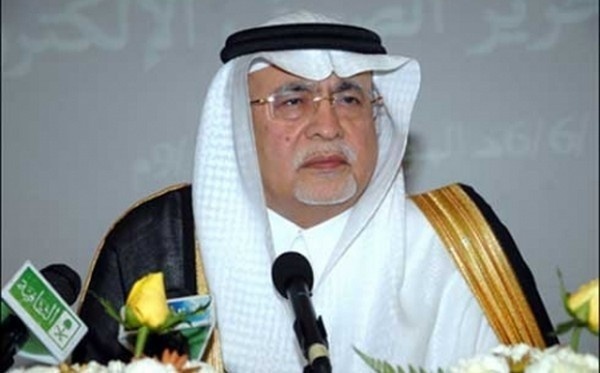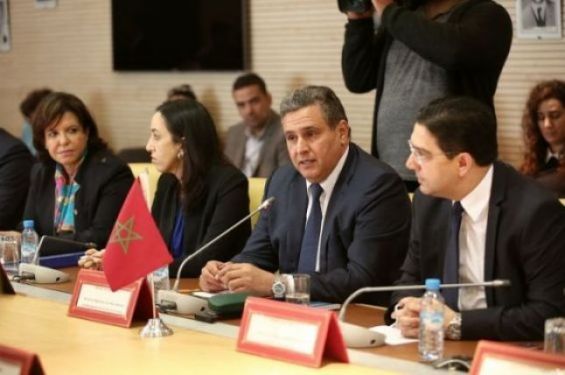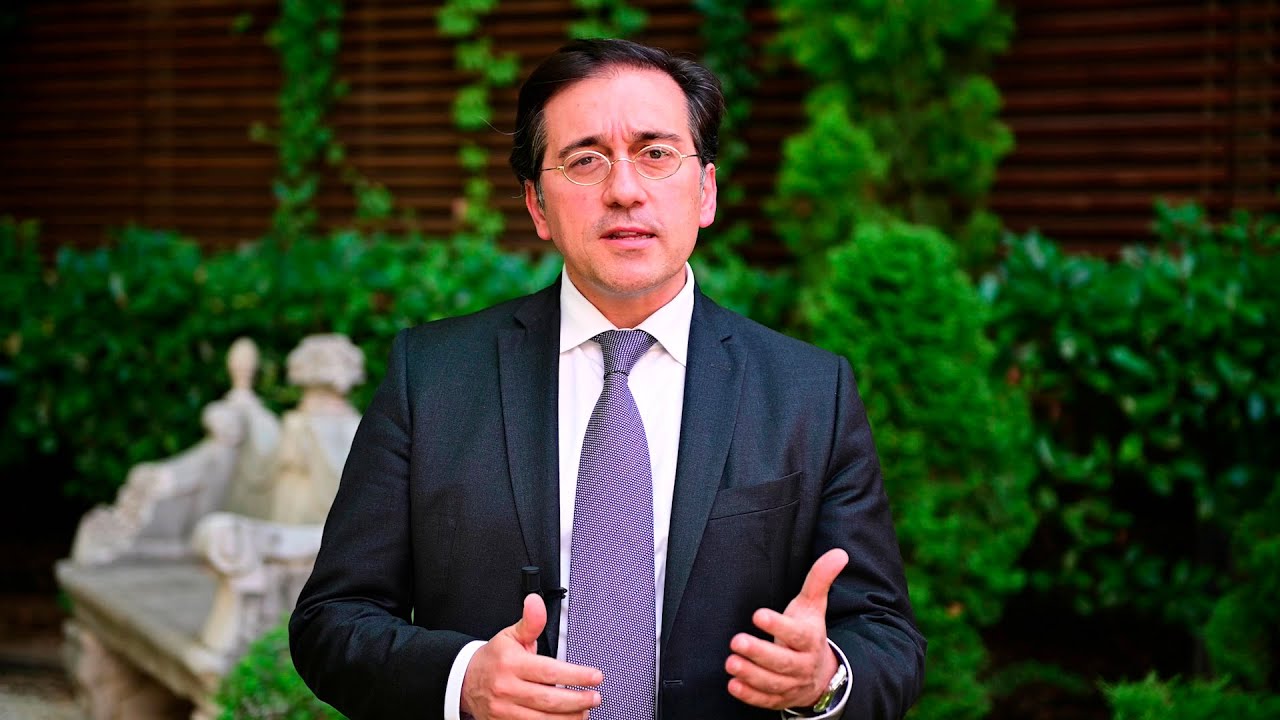 Representatives of Arab anti-corruption bodies will meet in Rabat Jan.7-8 to share experiences and discuss national strategies to fight the scourge of corruption, which affects businesses, foreign investment inflows, economic growth and social justice.
Representatives of Arab anti-corruption bodies will meet in Rabat Jan.7-8 to share experiences and discuss national strategies to fight the scourge of corruption, which affects businesses, foreign investment inflows, economic growth and social justice.
The third session of the States Parties to the Arab Anti-Corruption Convention is hosted by Morocco’s National Authority for probity, prevention and fight against corruption.
According to a statement by the Moroccan Authority, the session features a forum on national anti-corruption strategies that will discuss a comprehensive, integrated, participatory approach that guarantees effectiveness and optimal impact.
The participating Arab delegations will focus on following up on the implementation of the decisions issued during the second session of the Conference, which was held at the Arab League’s headquarters in December 2017.
A set of decisions proposed by member states will also be presented to the conference for approval, including a proposed resolution submitted by Morocco.
Heads and representatives of anti-corruption authorities and bodies in the Arab countries will participate in the session, as well as the relevant national sectors and institutions, regional and international institutions, civil society representatives, experts and researchers specialized in the field of integrity and prevention and combating of bribery.
The states parties to the Arab Anti-Corruption Convention, include Jordan, Bahrain, Tunisia, Algeria, Saudi Arabia, Sudan, Iraq and Oman, in addition to Palestine, Qatar, Kuwait, Egypt, and Morocco.
The establishment of this convention dates back to December 2010, when it was ratified by the Arab Ministers of Interior and Justice, based on the need for Arab cooperation to prevent and combat corruption, a transnational phenomenon.
It entered into force in June 2013 and seeks to activate measures aimed at preventing, combating, and exposing corruption in all its forms, as well as all related crimes, prosecuting perpetrators and enhancing Arab cooperation in this field.
The convention further aims at enhancing integrity, transparency, accountability and the rule of law and encouraging individuals and civil society institutions to actively participate in preventing and combating corruption.
Corruption, a universal phenomenon, is the biggest hurdle to socioeconomic progress especially in developing countries. To fight this scourge requires the involvement of all social and economic stakeholders.
Morocco ratified the United Nations Convention against Corruption in 2007 and enhanced its institutional and legal arsenal in line with international laws against bribery.
In 2015, the North African country adopted a National Strategy against Corruption and entrusted an ad-hoc committee with implementing the strategy. The goal of these moves is to reinforce transparency, good governance and the confidence of citizens and the international community in Moroccan institutions.


